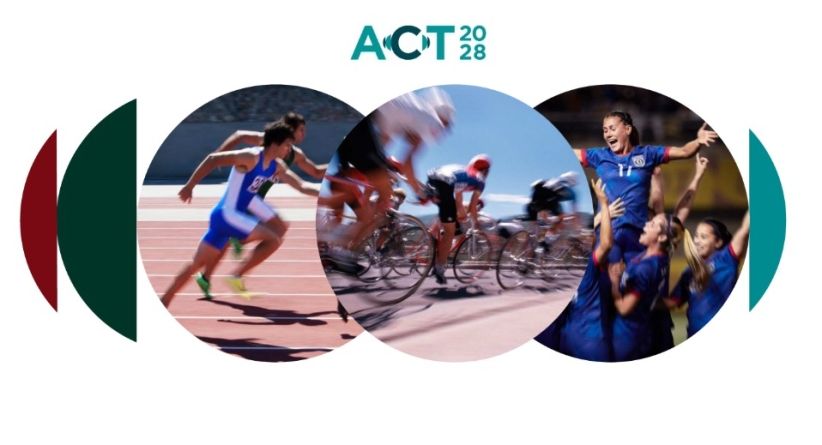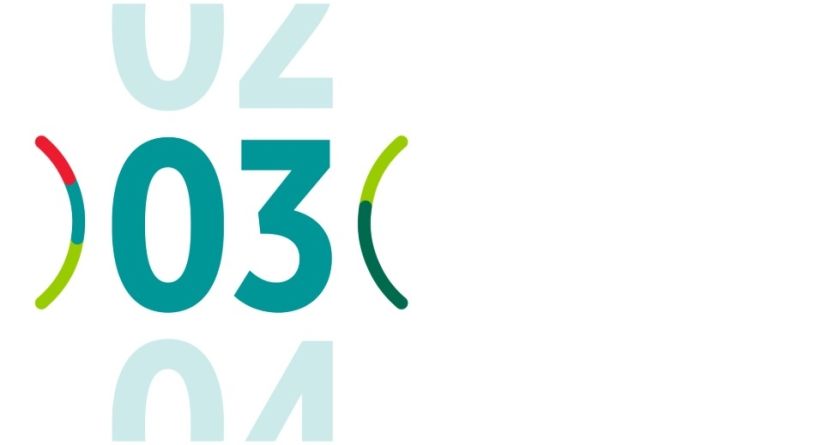
Diplomatic relations between the European Union and Hungary continue to generate debate at European institutions while fuelling increased suspicion of the Hungarian Government among the country’s partners. The prospect of Hungary holding the presidency of the Council of the European Union from July to December 2024 has loosened tongues and has parliamentarians fearing an unprecedented situation: the rotating presidency being held by Europe’s most eurosceptic country. Last week, a number of EU parliamentarians voiced their concerns over this rotation.
Concerns on a number of fronts
First of all, symbolically, the country presiding the Council of the European Union is supposed to represent a “Europe of rights”. For several years now, Hungary has been criticising this Europe of rights, whose principles its government does not subscribe to. Promoting the rule of law doesn’t appear to be very compatible with the Orbán government’s steady assault on individual freedoms and opposition forces. Furthermore, with Hungary’s case still undecided within the EU, just about all European funding has been suspended for the time being by way of a sanction. This includes not only funding under the European recovery plan but also recurring funding under the 2021-2027 budget, which means the country is cut off from the financial manna it needs to catch up economically and make the changes needed to successfully negotiate the energy transition. On this latter point, there is still a long, hard road ahead. Since Hungary’s prime minister believes efforts to curb CO2 emissions are harming the country’s economy, there are reasons to fear that those efforts might remain fairly superficial.
The second key issue for Europe is the Hungarian Government’s geopolitical positioning, which is rather awkward and at odds with the position pretty much shared by the rest of Europe. The war in Ukraine has brought Viktor Orbán, who has long been close to Russia and China, even closer to both. Some of his actions clearly amount to provocation. Beyond that, however, Hungary needs funding, especially with the economic environment becoming more challenging as prices and public spending rise; with Europe suspending funding in an attempt to get the Hungarian Government to row back on its illiberal reforms, the Eastern path not only ties in with Orbán’s personal predilections but is also a very handy way out financially speaking. The government is keen to attract Chinese investment into Hungary. However, this policy runs counter to public opinion, with popular support for China’s involvement in the country weakening significantly. Hungary remains a key link in China’s plan to complete its Belt and Road Initiative: a gateway for exports to Europe.
Hungary’s relationship with Russia is also highly ambiguous. While nothing more need be said of the friendship between the two countries’ leaders, efforts to block or slow European decisions around sanctions against Russia are troubling and tiresome for Member States and, above all, hinder the effectiveness of the measures adopted. Against this backdrop, a Hungarian presidency could further weaken the European Union’s credibility in this area and slow its processes.
Lastly, beyond the issue of the Hungarian presidency, regulatory risk in Hungary is putting off more and more investors, who struggle to discern the country’s long-term trajectory. Favourable conditions in terms of the cost of skilled labour make for attractive arguments, to be sure; but the uncertain regulatory environment and the increase in corruption over the past few years do not paint a reliable picture of the country’s growth potential.
Remember also that since 2022, Hungary has had one of the highest levels of inflation in Europe (around 15%) and that it is set to rise further in 2023. Price support measures also mean Hungary’s budget deficit is rapidly deepening. Its debt profile remains fairly critical for an emerging economy whose public and external debt are both quite high (at 73% of GDP and 166% of exports of goods and services respectively). Its current account balance has been hit hard by the decline in exports and the rising cost of imports, with the industrial sector heavily dependent on fossil fuel imports.
In conclusion, while Viktor Orbán has – hitherto fairly pragmatically – had the financial wherewithal to pursue his illiberal policy, that is no longer the case. Europe is standing firm and finally opposing this policy. Hungary can still rely on help from China, but not on the same terms as the support available from Europe. It will not be long before the population begins to feel the effects of these economic difficulties and the resilience of Orbán’s rhetoric and policy are put to the test. In the meantime, his ability to throw up obstacles remains very high.







